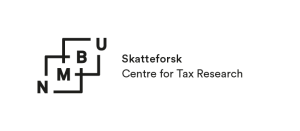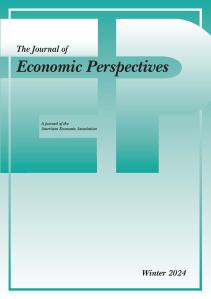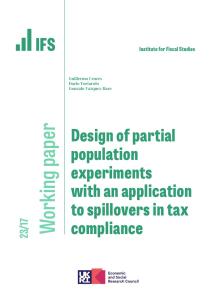How should tax systems be designed and how should expenditures be targeted to maximize welfare? Economics provides concepts and tools to analyse these questions, but in the real world, the design of tax and expenditure policies fundamentally depends on the structure of political institutions. Political economy considerations are particularly important in contexts where the social contract between a government and its citizens may be weakened by elite capture, conflict or limited institutional capacity.
This conference brought together leading researchers and policymakers to discuss recent research on the political economy of public finances with relevance for low- and middle-income countries (LMICs), including:
- The impact of political institutions, norms and preferences on taxes and expenditure
- The role of civil servants and of management practices in public-sector institutions
- Subnational public finance and inter-government fiscal transfers
- Measurement of corruption and favouritism and novel monitoring interventions
The keynote address was delivered by Rohini Pande, Henry J. Heinz II Professor of Economics and Director of the Economic Growth Center, Yale University. The conference featured research presentations and academic discussions, as well as contributions from policymakers.












